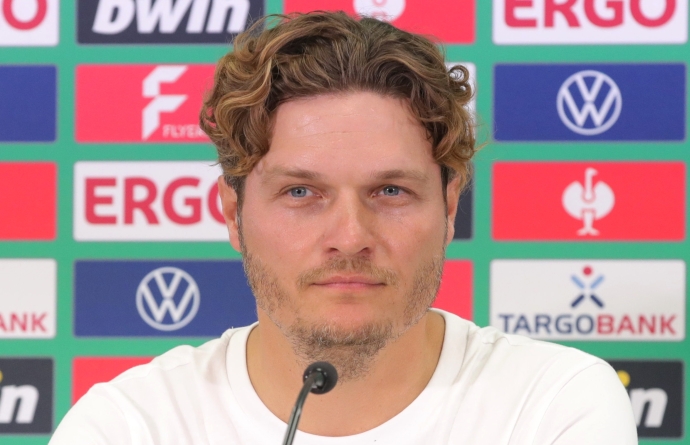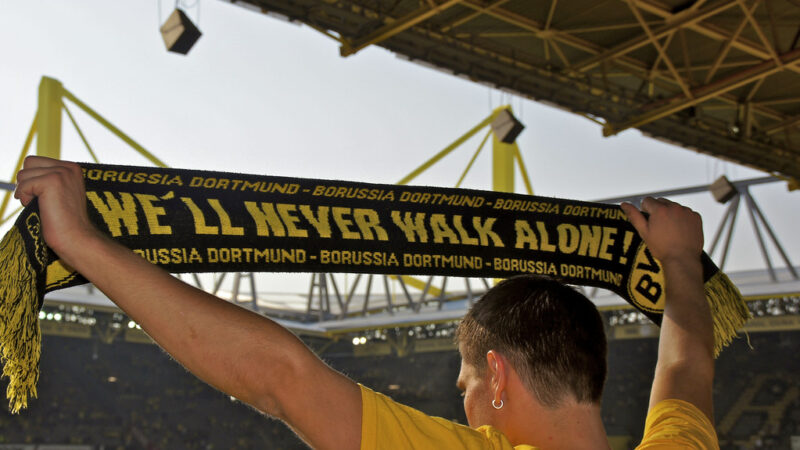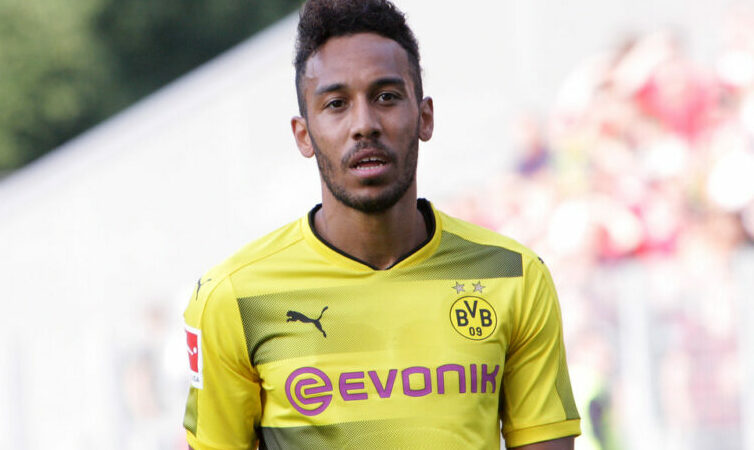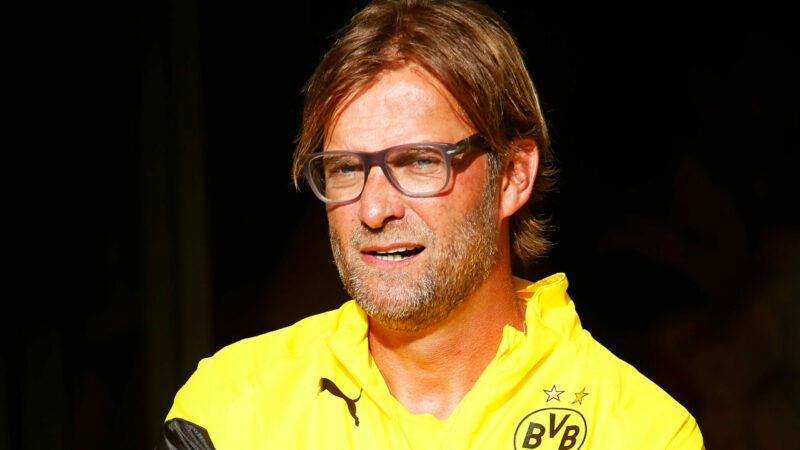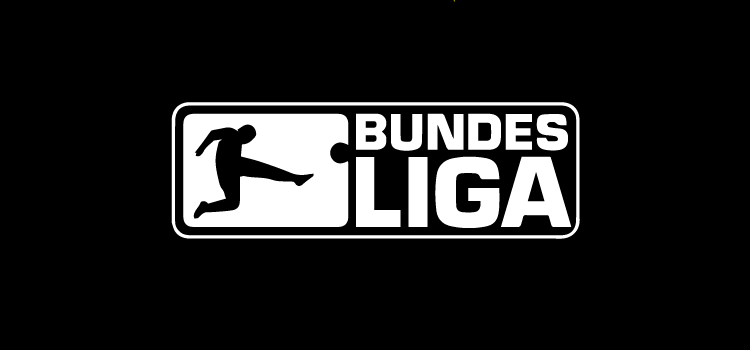Greatest Signings: Marco Reus

Over the past few weeks, I have tried to ignore recent success for BVB and focus more on past glories of the club. I believe that you can’t truly judge a player’s impact on a club until that player has left. That way, you have a full overview of his career and provide a just summary of their impact. But when a player has so many opportunities to leave and spurns them. When the club underperforms and he still stays. When he sees team-mates leave to go to what many would perceive to be bigger clubs, some being more successful than others, and yet he remains. When he has the type of impact on a team that Marco Reus has had on Borussia Dortmund, then he becomes hard to ignore.
Marco Reus was born in Dortmund on 31st May 1989. Between the ages of 5 and 7 years old, he played for Post SV Dortmund. His talents were soon apparent to the big academies in Germany though and he signed with Borussia Dortmund. He stayed with BVB until he reached under 19 level, when he left to play for Rot Weiss Ahlen. He played most of his first season playing for the second string in the Westphalia league as an attacking midfielder. The following season he managed to break into the first team, who were playing in the German third division at the time. He played 14 times and scored 2 goals, one of which coming in the last game of the season which helped Rot Weiss gain promotion to 2.Bundesliga. The following season saw Reus establish himself as a key player for the team. He managed to score 4 goals in 27 appearances
At the end of the 2008/09 season, it was announced that Reus would sign for Dortmund’s rivals Borussia Monchengladbach. Gladbach had just been promoted back to the Bundesliga at the first time of asking and, as a club with such a proud history, were keen not to be back in the second tier of German football again. He was a prolific goalscorer for Gladbach, especially under Lucien Favre. In the first 12 games of his final season with the club, he scored 7 goals. He had made a name for himself in the Bundesliga and it was now common knowledge that he had an €18 million release clause in his contract. Dortmund were strongly linked and on 12th January 2012, they announced that they had got their man for €17.1 million and he would join at the end of the season. Despite telling the world that Tomas Rosicky was his idol, thus confirming that he was, in fact, a childhood Dortmund fan, Reus did not let his performance drop towards the end of the season. Gladbach remained in contention for the Bundesliga but eventually fell short. However, they finished a very credible 4th place and Marco Reus won Bundesliga player of the year for his part in his club’s success, finishing the season with 18 goals in 32 league appearances.
Reus made an immediate impact scoring on his debut against Werder Bremen. It was apparent he had improved the team. Playing from the left-hand side was naturally right footed. This position suited him perfectly. He could cut inside and chip in with goals. His understanding with Mario Gotze was devastating for the opposition. With Gotze’s dribbling and eye for a pass pulling defenders all over the place and Reus making runs inside, defenders were never certain who they should attach themselves to. Nine times out of ten though, they should have ignored both of them and focused on Robert Lewandowski. He finished the 2012/13 season with 34 goals in all competitions to his name and it was in small part down to Marco Reus and Mario Gotze. Reus himself finished with 24. Not bad for a debut season. He also played as Dortmund finished runners up in the Champions League, losing the final 2-1 to Bayern Munich after Arjen Robben won the game in the 89th minute. It was clear that his first season back in Westphalia had been a success even if it hadn’t ended in the lofting of silverware.
The 2013/14 season saw the first piece of the Dortmund attacking jigsaw being taken out. Mario Gotze had agreed to sign for Bayern and the ink hadn’t dried by the time the Champions League final had rolled around. He was replaced by Henrikh Mkhitaryan who was bought from Shakhtar Donetsk for €25 million. Reus also now had competition to deal with when Pierre Emerick Aubameyang was brought in from Saint Etienne for €13 million. Reus picked up right from where he left off though, scoring 23 goals in 43 appearances in all competitions. With Aubameyang playing primarily on the right, Reus on the left and Mkhitaryan behind Lewandowski, Dortmund were a goal machine. They were unable to improve on the previous seasons’ 2nd place Bundesliga finish and were runners up in the DFB Pokal, again to Bayern, but the future certainly looked bright. This was also the season that Marco Reus’ importance to the club was also recognised as he was made joint vice-captain alongside Roman Weidenfeller.
The following season proved ultimately unsuccessful for BVB. After losing Robert Lewandowski to Bayern for free, Ciro Immobile was supposed to replace the Pole. But he struggled to find his feet in the Bundesliga and Pierre Emerick Aubameyang eventually filled the role of the main man. After a miserable start to the season, some were even talking about their possible relegation. But they managed to recover and finish a below par 7th in the Bundesliga. Reus was as classy as ever though. He finished the season with 23 goals in all. Again there were talks of his impending departure, but he shut down those talks at the end of the season by signing a deal that would keep him at the club until 2019. But the campaign would end with another key figure in Reus’ Dortmund career leaving the club as Jurgen Klopp announced that he would step down before the beginning of 2015/16.
At the beginning of the 2015/16 season, a new man was placed at the helm of the good ship Dortmund. Thomas Tuchel was entrusted with the reigns of the first team and tasked the job of returning them to glories witnessed not too long ago. By the end of the season, his mission was achieved. Dortmund finished runners up once again the Bundesliga and the DFB Pokal, only losing narrowly on penalties to Bayern who completed another domestic double. They also made it to the quarter finals of the Europa League, being dramatically knocked out by Jurgen Klopp’s Liverpool. Reus was again mercurial. He finished the season with 23 goals in 43 appearances. Aubameyang’s pace was frightening for opposition defences and Reus was relishing the panic that caused. The Gabonese striker finished with an impressive 39 goals himself, with the two mutually benefitting from each others’ strength.
The following campaign would prove to be one marred by injury for Reus. He only managed to make 24 appearances all season but chipped in with 14 goals in that time. With the introduction of Ousmane Dembele to the team, the movement going forward was once again frightening. The club finished 3rd in the Bundesliga, behind Bayern and Red Bull Leipzig respectively, but did manage to win the DFB Pokal by beating Eintracht Frankfurt in the final 2-1.
Reus has played numerous times for Germany but his international career has been one of missed opportunities and injury. He made his debut against Malta in a friendly in 2010 and has gone on to make only 29 appearances to date, scoring 9 goals. He established himself during the qualifying campaign for the 2014 World Cup in Brazil, but missed out on the finals due to an ankle injury sustained in a warm game against Armenia. He would most likely have been a key component in a team that would go onto the win the whole tournament. During qualification for Euro 2016, Reus made 4 appearances but again missed the tournament this time due to a groin injury.
Reus has been the one constant in Borussia Dortmund over the past 5 years. With the amount of key players that have left the club around him – Shinji Kagawa, Ilkay Gundogan, Mats Hummels, Robert Lewandowski – it seems like he has been here much longer. Since returning to the club, the improvement has been noticeable. It says something about a player, a winger no less, when his worst goalscoring season ended with him netting 14 goals. It goes without saying that the pull of his boyhood club would clearly make it more of a wrench for him to leave than any of the players mentioned, but with some of Europe’s best interested in him, the temptation will surely have been there nonetheless. For Reus to stay and turn in consistently high standards of performance over the past few years must surely mean his homecoming is one of the most inspired transfers the club has made in the modern era.

